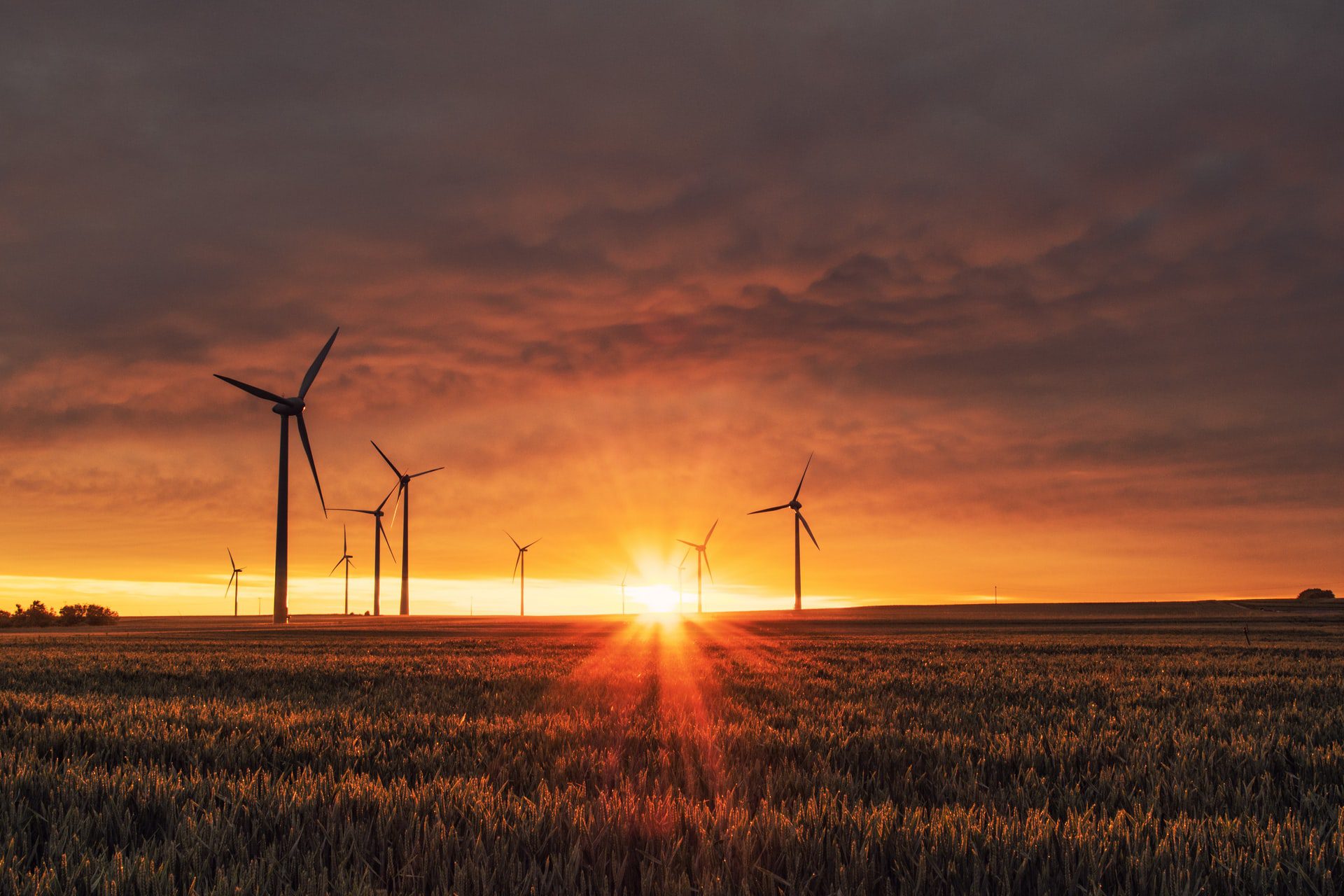Photo by Karsten Würth
10th June 2022
Trinidad and Tobago is predicting constrained natural gas production for the next five years before improvement in 2028.
Speaking at the Trinidad and Tobago Energy Conference and Trade show 2022 hosted by Energy Chamber of Trinidad and Tobago, Prime Minister Keith Rowley discussed the outlook for the oil and gas sector in the country.
Rowley said that there is optimism about new production expected to come on stream in 2022 and 2023, which is projected to increase gas production levels to 3.2 trillion cubic feet by 2024.
“Gas supply between 2024 and 2027 will be tight before improving in 2028 with the coming on stream of mega-projects, the Manatee and Calypso,” cautioned the Prime Minister.
He noted that his administration sees sustainability of the gas industry as being dependent on continued exploration and development of the country’s hydrocarbon resources as well as access to cross-border natural gas resources.
Despite efforts to increase investment and boost gas output, Rowley asserted that there is no conflict in investing in hydrocarbons and renewables as part of the country’s “pragmatic” approach to energy transition.
“We have undertaken the dual responsibility to optimise our hydrocarbon resources for the benefit of our citizens as well as taking action to reduce our carbon footprint. In our estimation, there is no conflict between investing in renewables and in hydrocarbons as over time renewables can liberate oil and gas for export markets, and also create a diversified energy mix,” argued Prime Minister Rowley. Asserting that upstream stakeholders share his government’s view, Rowley said that there are commitments to “bring on stream at the earliest instance a number of gas projects both in the shallow marine area and the deep-water marine area. These include the Shell Manatee Field, and the Calypso project that is being developed by BHP and bpTT”. In recent times, the Government has also signed unitisation agreements with the governments of Venezuela, Barbados and Grenada for the exploration of hydrocarbon resources in their shared maritime boundaries.
Referring to the many countries which have pledged to reduce carbon emissions by the year 2050, Rowley said that “this commitment has been interpreted in some quarters as a commitment to immediately eliminate all fossil fuels”.
“We do not share this view. Energy security is a priority for Trinidad and Tobago. Accordingly, we have set in train steps to optimise the exploitation of our oil and gas resources while mitigating the emission of greenhouse gases and adopting low carbon solutions,” he added.
In terms of commitments to climate change, the Prime Minister said that the country is moving forward with several initiatives including electrification of the transportation system, adaptation of renewable energy projects, carbon capture, utilisation and storage, carbon offsets, and exploration of hydrogen energy development, which is seen as crucial to the energy transition strategy.
“To this end, State-owned National Gas Company and its wholly owned subsidiary National Energy in collaboration with Kenesjay Green Ltd are actively collaborating on the creation of a sustainable hydrogen economy for the energy sector of Trinidad and Tobago,” announced Rowley.
Notwithstanding these developments, Rowley highlighted the continued importance of oil and gas moving forward by speaking to tax revenue and overall competitiveness.
He noted that the Ministry of Energy and Energy Industries is currently conducting a review of the country’s oil and gas taxation regime to ensure that remains internationally competitive. The review includes capital allowances, petroleum profits tax, supplemental petroleum tax and royalty among other areas.
This is a lead article from Caribbean Insight, The Caribbean Council’s flagship fortnightly publication. From The Bahamas to French Guiana, each edition consists of country-by-country analysis of the leading news stories of consequence, distilling business and political developments across the Caribbean into a single must-read publication. Please follow the links on the right-hand side of this page to subscribe, or access a free trial.






